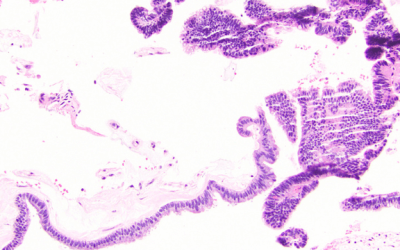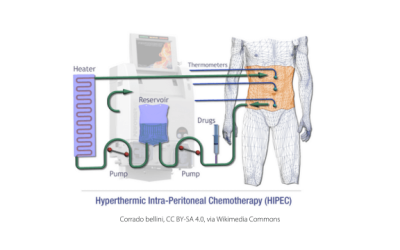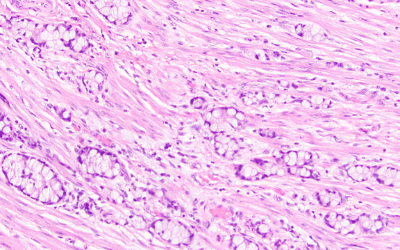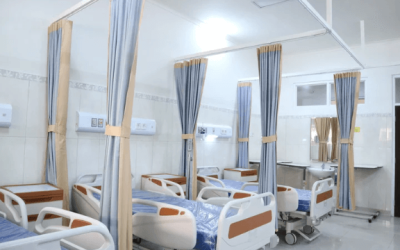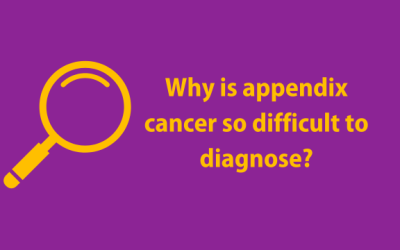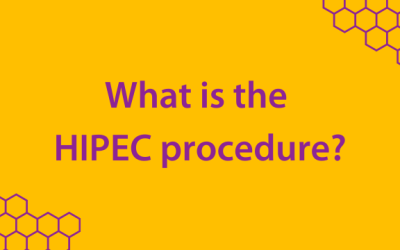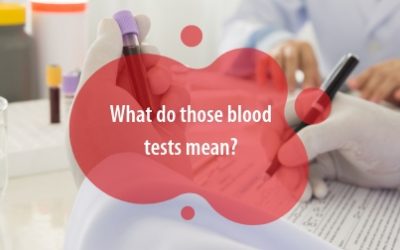

Frequently Asked Questions
Welcome to our FAQ page for pseudomyxoma peritonei (PMP) and appendix cancers. PMP is a rare cancer that affects the abdominal cavity, while appendix cancer is a malignancy that arises from the cells of the appendix. Both types of cancer can be difficult to diagnose and treat due to their rarity and complex nature. On this page, we have compiled a list of frequently asked questions related to PMP and appendix cancers to help provide you with information and resources on these conditions. Our aim is to provide answers to some of the most common questions and concerns related to PMP and appendix cancers, and to offer support and guidance for those affected by these rare diseases.Pseudomyxoma Survivor is a registered charity but what does that mean?
Being a registered charity doesn’t just mean that we are a not for profit organisation, it’s more than that.
Should I have CRS/HIPEC?
The decision to undergo cytoreductive surgery with HIPEC for pseudomyxoma peritonei (PMP) is a personal one and should be made in consultation with your medical team.
Who does PMP affect?
Most studies show that PMP affects men and women almost equally. The average age at diagnosis 54.
How do you get pseudomyxoma peritonei?
The exact cause of pseudomyxoma peritonei is not known, but it typically starts as a rare type of slow-growing cancer called appendix cancer or mucinous adenocarcinoma of the appendix.
What are the benefits of HIPEC?
HIPEC stands for “Hyperthermic Intraperitoneal Chemotherapy” and follows cytoreductive surgery (CRS).
Is pseudomyxoma peritonei curable?
The question we’d all like answered!
What are the statistics for pseudomyxoma peritonei?
It’s estimated that 1 in 2 people in the UK born after 1960 will be diagnosed with some form of cancer during their lifetime. What numbers are there for pseudomyxoma peritonei (PMP)?
What’s MOAS?
MOAS is an abbreviation for the term the “Mother of All Surgeries” and refers to CRS and HIPEC.
What to pack for your hospital stay
One of the questions we get asked a lot and features heavily in our support groups is “What do I need to bring into hospital with me?”.
What surgery is called the mother of all surgeries?
Treating pseudomyxoma peritonei and appendix cancers can be challenging.
Why is appendix cancer so difficult to diagnose?
Diagnosing appendix cancer can be difficult due to the lack of effective screening tests and the general nature of the symptoms.
How can I help support patients?
Patients and their caregivers benefit from emotional and practical support.
What is the HIPEC Procedure?
HIPEC (hyperthermic intraperitoneal chemotherapy) is a medical procedure that’s sometimes used to treat advanced cancers that have spread to the lining of the abdomen.
Just how rare is PMP?
PMP is identified by Eurordis as a rare or “orphan” disease (one which affects less than 1 in 2000 people).
What is the main cause of appendix cancer?
The exact cause of appendix cancer is not yet known, and no avoidable risk factors have been identified so far.
What Are Trustees?
Trustees are responsible for making sure the charity is well run, its money is properly managed, and it is achieving its charitable objectives.
Tumour markers CEA, CA125 and CA19-9, what are they and what do they mean?
A tumour marker is a substance of the blood that appears at a higher level than expected in your blood, in your urine or in a sample of your tissue. They may be produced by the presence of cancerous cells or by perfectly healthy cells.
How do you pronounce pseudomyxoma peritonei?
You’ve got the diagnosis and you’ve stared at the words but just how do you pronounce pseudomyxoma peritonei?
The content of these FAQs is provided for educational and informational purposes only and is not intended as a substitute for medical advice. Every patient’s case is unique, and it is important to consult with your healthcare provider regarding your individual situation. While we strive to ensure the accuracy of the information provided, we make no representations or warranties of any kind, express or implied, about the completeness, accuracy, reliability, suitability, or availability with respect to the information contained herein. Any reliance you place on such information is therefore strictly at your own risk.
Home > Frequently asked Questions




